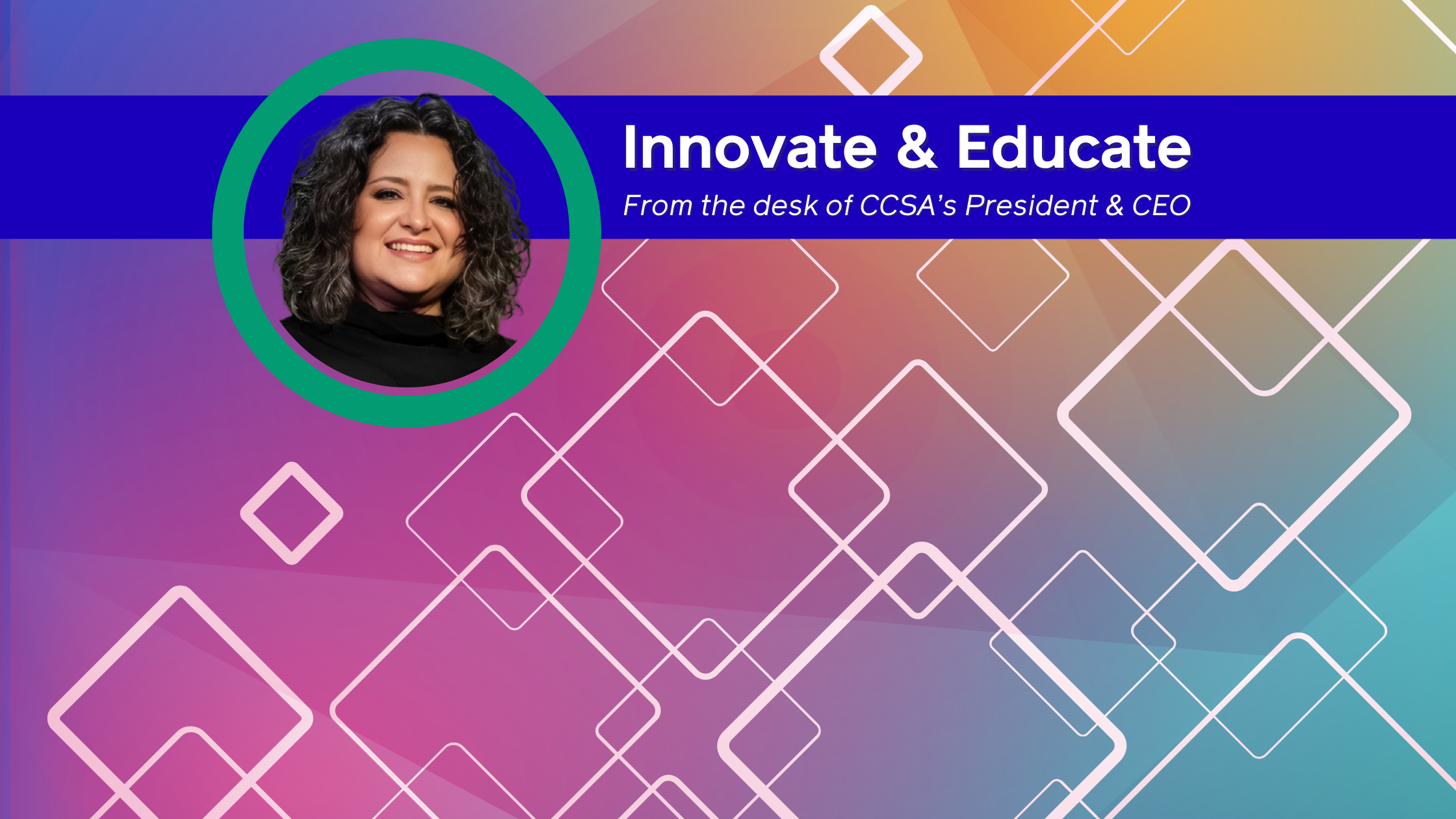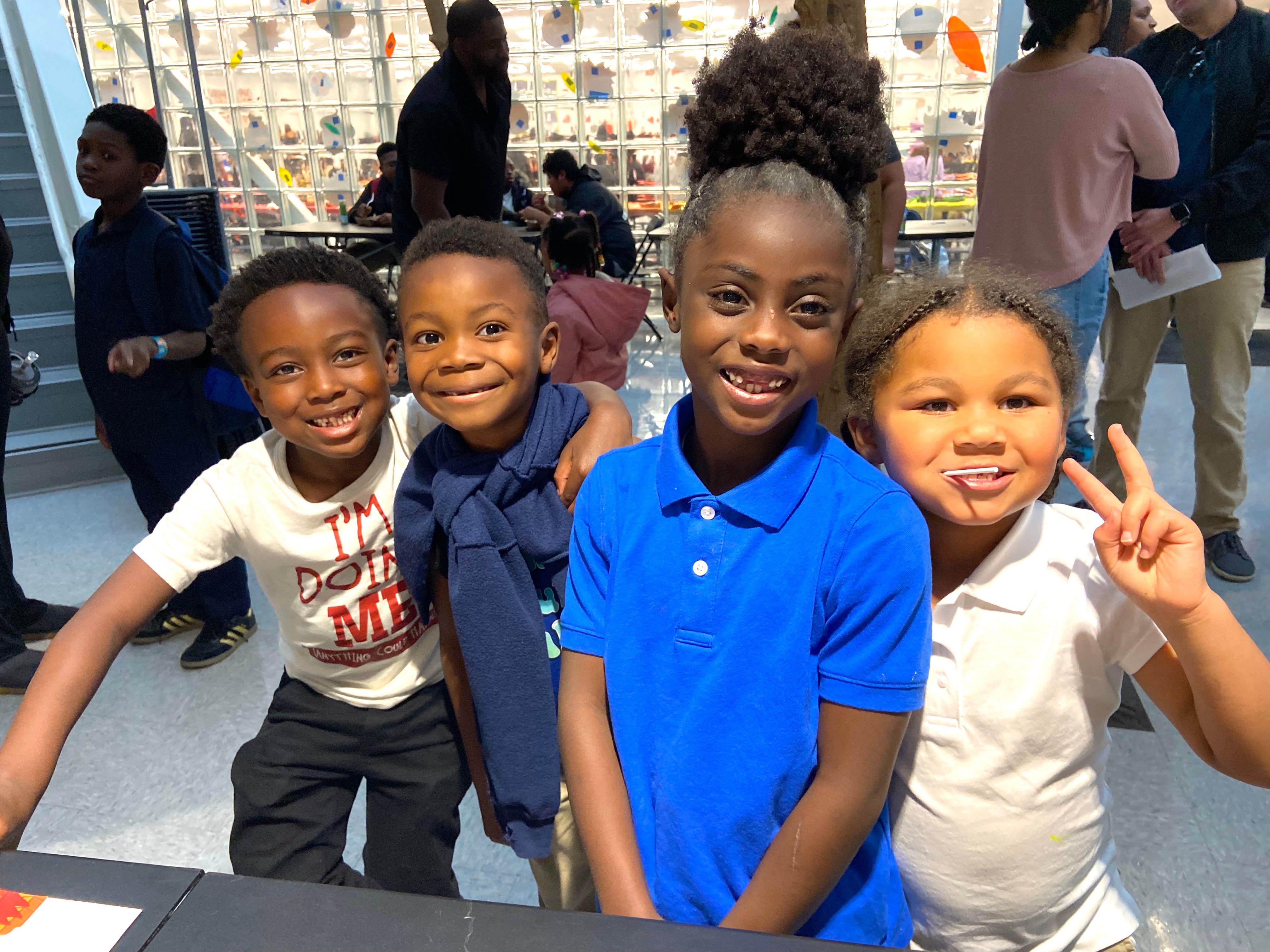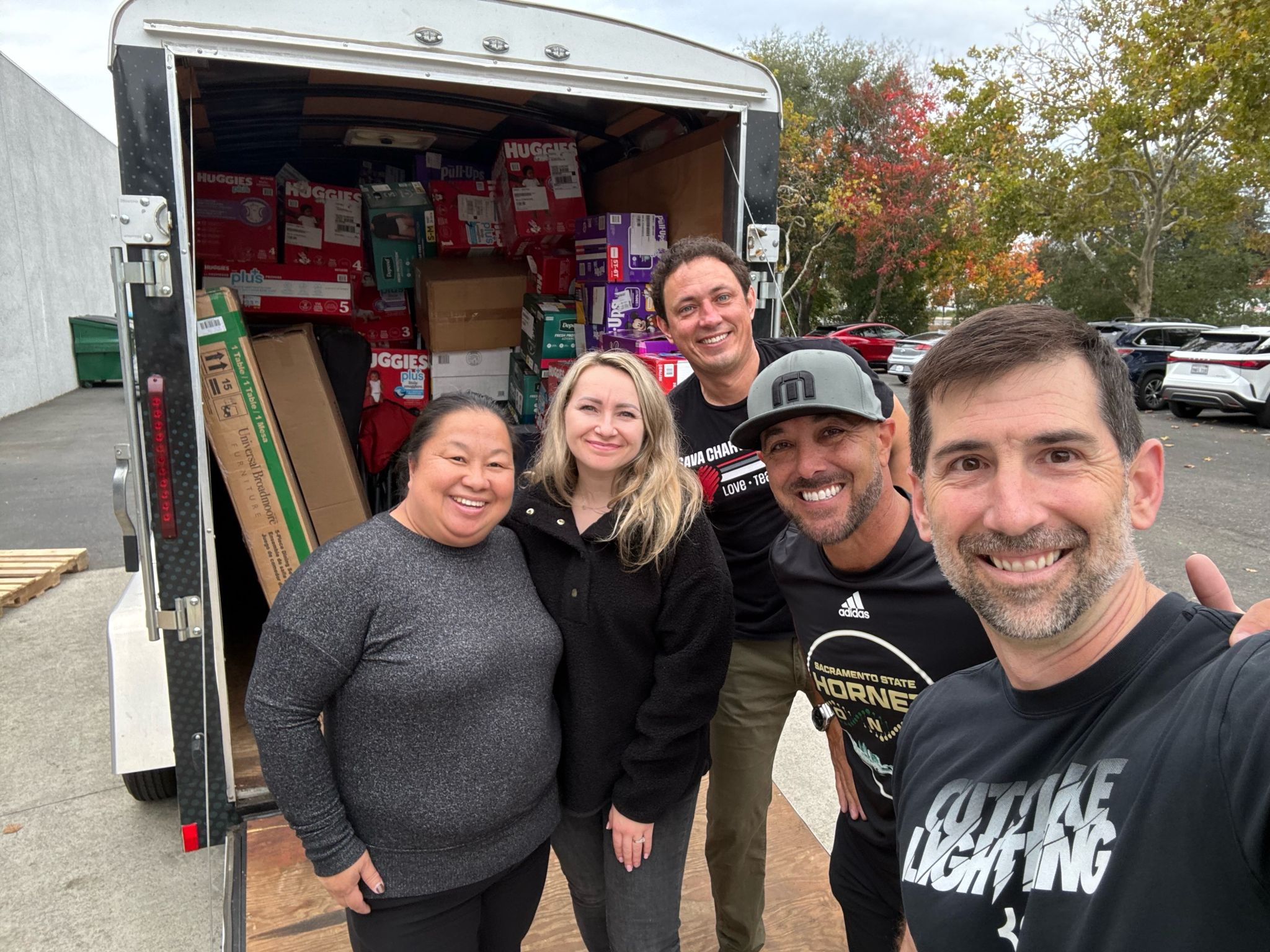In the face of this unprecedented crisis, WISH Charter Schools is staying true to its mission of ensuring social justice through inclusivity.
That a was a central takeaway from the school’s Executive Director Dr. Shawna Draxton during a presentation at Thursday’s webinar sponsored by the California Department of Education. The webinar featured educators and administrators from across the state sharing how they are taking on the challenge of distance learning for students with disabilities during Covid-19 closures.
WISH is known for its inclusive approach to education, ensuring students with disabilities are in a classroom setting with their peers. That commitment to inclusion has been a guiding light in developing an online schooling model.
“We’ve worked really hard to ensure [that students] have equitable learning service,” Draxton said during her presentation.
The school’s overall distance learning program was a real collaborative effort, with leaders, teachers, staff, and parents all having their say in its structure. It’s broken up into two parts: morning calls for engagement and interaction between students and teachers through chat-based in-class private prompts and breakout groups; then followed by office hours in the afternoon that include one-on-one support, group extensions, counseling services, clubs, and culture building activities.
In addition to academics, WISH is still providing mental health services and social and emotional support during this period of closure.
Parents of students with disabilities have highly individualized learning plans, maximized for flexibility. There’s of course online schooling, but parents can also opt for a hybrid model that mixes in work packets.
And as parents and teachers tackle this moment together, it’s been the office hour phone calls that have been a key ingredient in figuring out what’s working and what’s not working for students on a day-to-day basis.
“We really want to be good partners,” Draxton said, adding “We’re really just trying to be flexible to what families need.”
The webinar comes as schools of all types, facing closures for the remainder of the year, are trying to navigate the legal and logistical challenges of providing quality distance learning experiences, especially for students with disabilities.
While the presenters came from different parts of the state and work for different types of public schools, they all sounded a similar note about how equity and sustained engagement with families is critical in this months-long effort.
Is your charter school in need of distance learning resources for special education? Go here.


